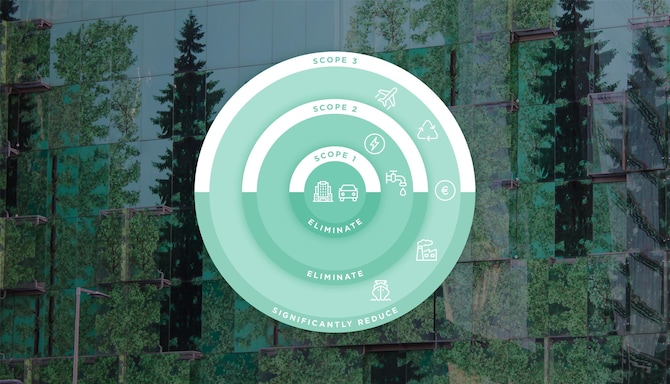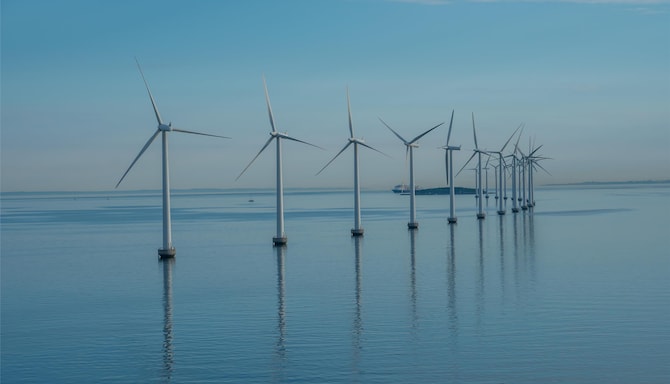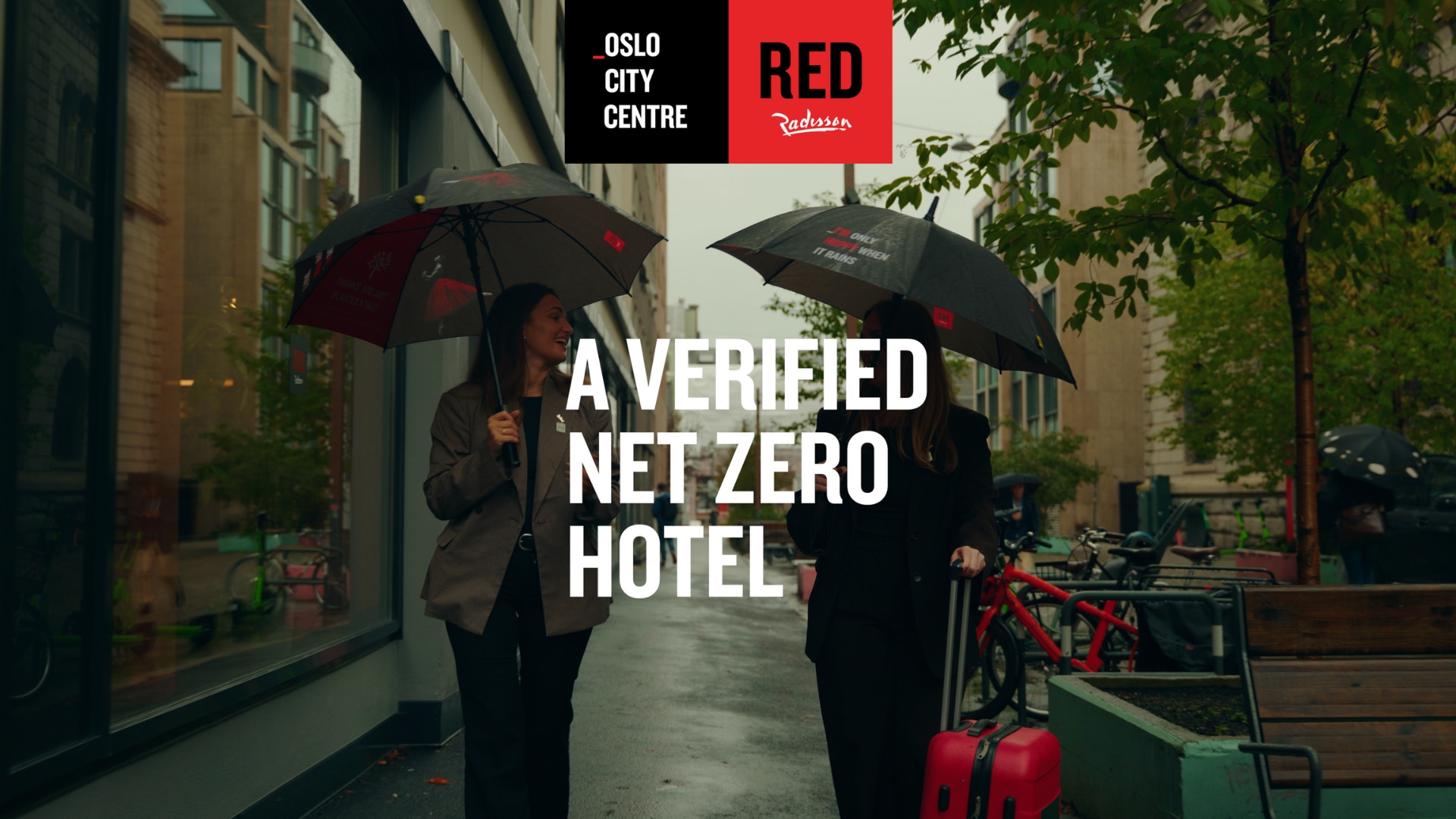
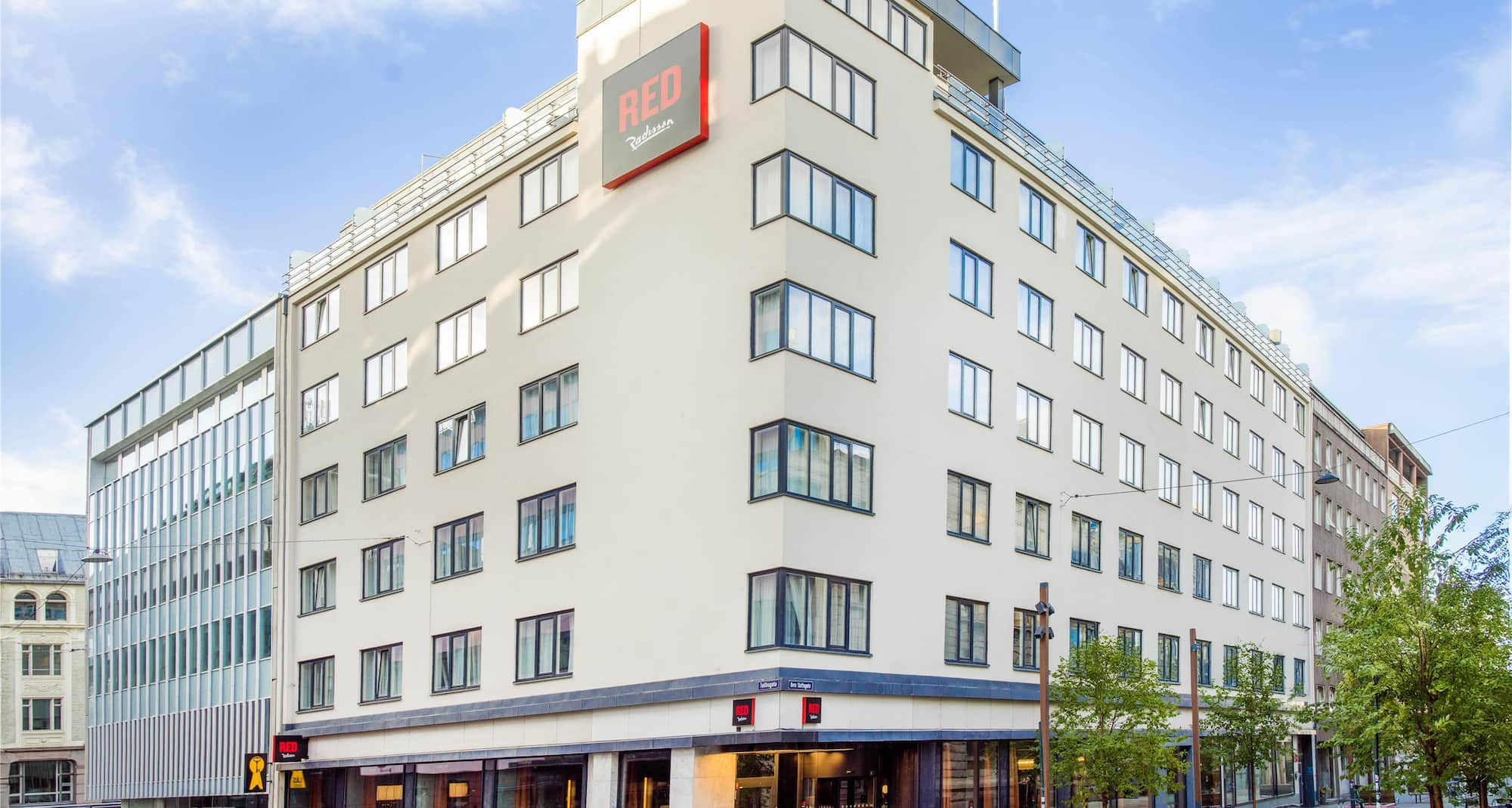
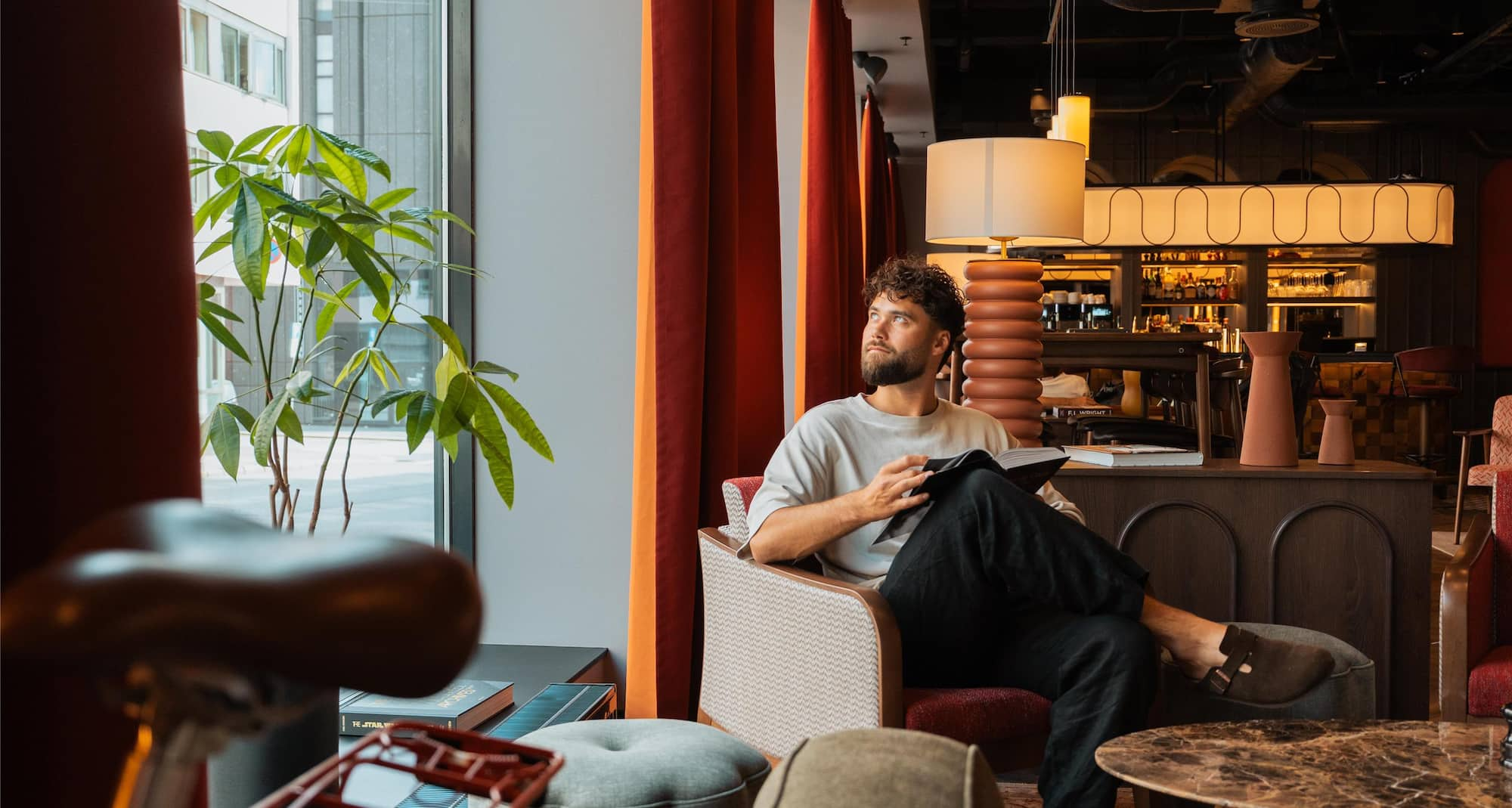



Emissions fully eliminated through electrification and verified energy transition.
The main categories for Scope 1 are:
- Combustion of primary fuels onsite i.e. natural gas
- Fugitive emissions from refrigerant leakages i.e from HVAC system
- Other combustion of fuels i.e. terraces heaters, lawn mowers
- Transportation of guests arranged by the hotel to/from the destination i.e. Shuttles*
Actions taken to bring Scope 1 footprint to zero:
- Identify fossil fuel sources: Fugitive emissions from HVAC system
- Overall good maintenance practices of the systems to prevent refrigerant leakage, opting for natural and low impact refrigerants
*This hotel does not provide shuttle service to guests.
Emissions fully eliminated through electrification and verified energy transition.
The main categories for Scope 2 are:
- Purchased Electricity
- Purchased Heating and Cooling
Actions taken to bring Scope 2 footprint to zero:
- Ensure purchased electricity is from renewable sources, supported by tracking mechanisms like Guarantees of Origin (GoO) or under verified sourcing contracts
- The hotel's domestic hot water and space heating is supplied via the city’s District Heating network, with over 98% renewable sources used in the mix. This is tracked yearly with the supplier, and Environmental Product Declarations are available to understand sources used for the heating supply.
The main categories for Scope 3 in the Methodology are:
- Purchased goods and services: Food & Beverage, Outsourced Laundry Amenities, Disposables & Printing
- Waste Generated in Operations: waste and wastewater
- Business Travel & Employee Commuting
- Fuel and Energy Related Activities—T&D Loss, WTT Electricity & Fuels*
- Upstream Transportation and Distribution of energy*
*This category is out of the hotel's control.
1. Work with suppliers to identify products and actions with a reduced carbon footprint, measure impact and plan for continuous improvement
2. Food & Beverage Emission reduction—low-carbon menus with Klimato
- The entire Food & Beverage footprint will be reduced in partnership with Klimato, a specialized partner from Sweden
- Menus for in-room-dining, restaurants, and meetings & events have been analyzed with Klimato, and recipes have been adjusted with the Food & Beverage and hotel team to lower the overall footprint
- On the breakfast buffet, similar products to the current offer have been replaced with low carbon alternatives
- Guests are informed by easy-to-understand labels, expressing the recipes' carbon footprint, ranking from A (best) to E (worst). Menus will be presented to help guests favor carbon-friendly choices
- On average, the recipes' footprint is reduced by 40%. Together with Klimato, the Verified Net Zero hotels track the carbon reduction impact in detail
3. Minimal waste hotel
- Recycling bins are available in all guestrooms and main public areas
- Waste audits ensure high recycling accuracy
- Bulk amenity dispensers are recycled with Clean the World
- Glass water bottles are provided in the guest and meeting rooms
- The signature coffee pods are recycled together with Nespresso
- Our kitchens use a food waste reducing technology (e-Smiley) that scans and identifies food leftovers, allowing for adjustments in the menu, portion sizes, and ingredient acquisition
- Surplus food is offered on the social economy app Too Good To Go, giving the community access to tasty and affordable food
